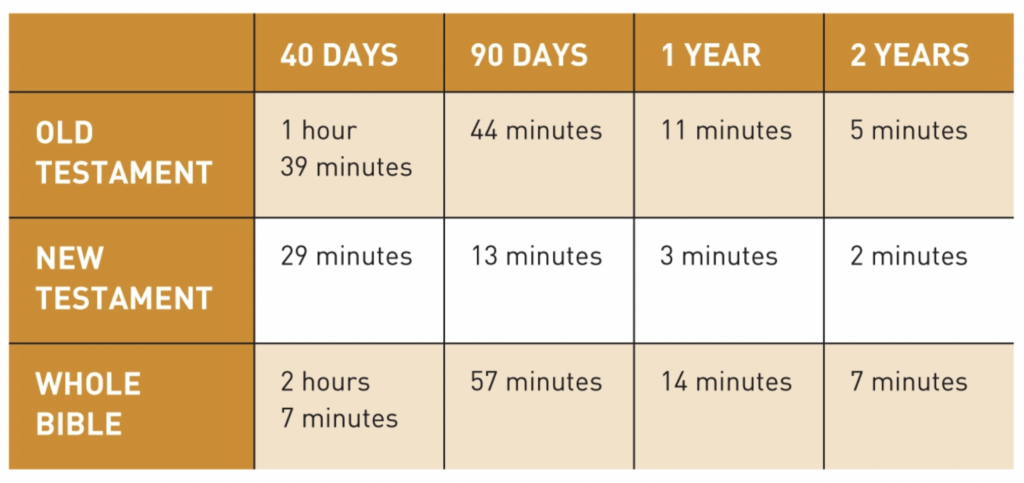The Comfort of God’s Promises

How do we respond when we’ve been wronged? Treated unjustly?
It’s natural to feel anger. To want to get revenge (whether in word or deed).
The Apostle Paul tells us how we are to respond:
“Beloved, never avenge yourselves, but leave it to the wrath of God, for it is written, “Vengeance is mine, I will repay, says the Lord.” (Romans 12:19 ESV)
Did you ever think about this as one of the “promises of God?”
God promises, “Vengeance is mine. I will repay.”
How did Jesus respond when he was unjustly treated? Wronged? Reviled?
Peter tells us in 1 Peter 2…
“For to this you have been called, because Christ also suffered for you, leaving you an example, so that you might follow in his steps. He committed no sin, neither was deceit found in his mouth. When he was reviled, he did not revile in return; when he suffered, he did not threaten, but continued entrusting himself to him who judges justly.” (1 Peter 2:21-23 ESV)
John Piper writes the following:
“Who is a better candidate to take vengeance – you or God?
Consider God for a minute. No wrong ever committed against you, not in the darkest hour of any night, has ever been missed. It is written in a book in heaven. He knows every wrong committed against you. He sees the evil of the wrong far better than you see it. He hates the evil of the wrong 10,000 times more purely and righteously than you hate the evil of the wrong. He claims the right to settle accounts for you. And the big issue then is do you believe he will?
When you are wronged, God is saying to you:
I saw it. You’re right. They’re wrong. I hate what they did to you. You give me that anger. I’m going to settle this for you, and I will settle it better than you could ever settle it. Justice will prevail. Do you trust me?”
When we’ve been wronged and refuse to forgive, it’s easy for our anger to turn into bitterness – which ultimately poisons our soul.
It’s like the famous saying, “Refusing to forgive is like drinking poison and expecting the other person to die.”
So how do we prevent bitterness from getting a foothold in our hearts?
Again, Piper writes…
Four ways to battle the unbelief of bitterness
1. Believe that what the Good Physician prescribes for you is good (Colossians 3:8)
2. Cherish being forgiven by God (Ephesians 4:32)
3. Trust that God’s justice will prevail (1 Peter 2:23)
a. We must leave room for God’s wrath
b. God hates evil far more righteously than you ever could
c. Though absurd, Jesus entrusted himself to the Righteous Judge
d. If you hold a grudge, you slight the Judge
4. Trust God’s purpose to turn the cause of your anger for your good (1 Peter 1:6-7)
Are we going to trust that God will, in the end, make things right? That justice will prevail? That he will carry out his promise in Romans 12:19 in his way and in his time?
Allow this seemingly strange “promise” to bring comfort to your soul. God promises that he will sort it out in the end. Trust him. (Proverbs 3:5-6)
